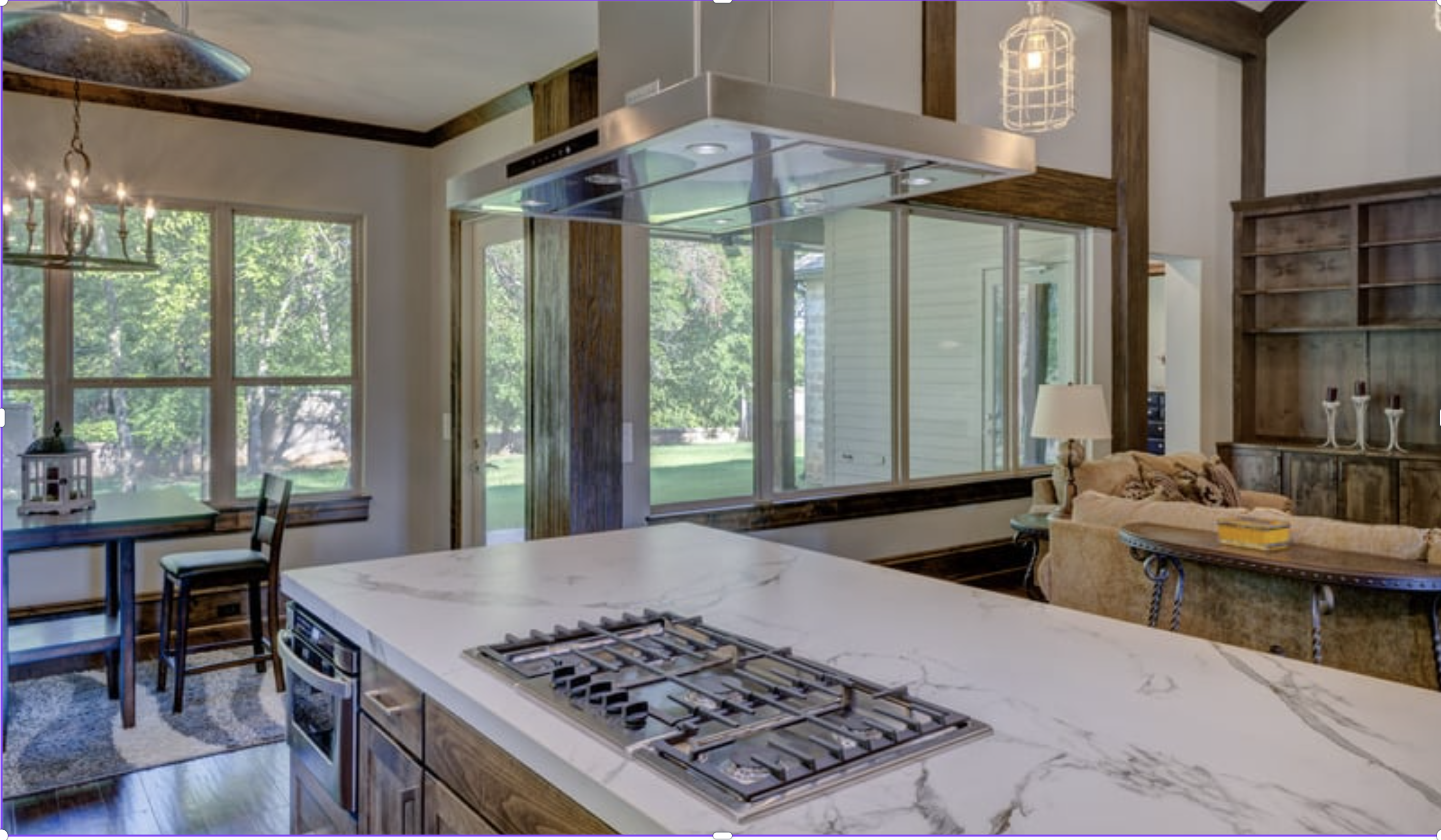Embarking on a home renovation project is an exciting endeavor that allows you to transform your living space into the home of your dreams. However, the costs associated with renovations can quickly add up, putting a strain on your budget. The good news is that with careful planning and a strategic approach, it’s possible to reduce costs without sacrificing the quality and aesthetic appeal of your project. In this blog post, we will explore effective strategies for cost-effective home renovations, helping you create the home you desire while staying within your budget.
- Set a Realistic Budget:
Before diving into any renovation project, it’s crucial to establish a realistic budget. Start by determining how much you can comfortably afford to spend on your renovation. Consider factors such as your savings, financing options, and the potential return on investment. By having a clear budget in mind, you can prioritize your expenses and make informed decisions throughout the renovation process.
- Plan Ahead:
Proper planning is the key to cost-effective renovations. Take the time to create a detailed plan that outlines your renovation goals, desired outcomes, and specific requirements. Research the materials, fixtures, and appliances you’ll need, and compare prices from different suppliers to find the best deals. Having a well-defined plan will help you avoid unnecessary expenses and keep your project on track.
- DIY vs. Hiring Professionals:
One significant way to save money on renovations is by taking a do-it-yourself (DIY) approach for tasks that align with your skills and abilities. Simple projects like painting, installing fixtures, or even laying flooring can be accomplished with a little research and effort. However, for complex tasks that require specialized expertise, such as electrical work or plumbing, it’s generally best to hire professionals. DIY mistakes can end up costing you more in the long run, so assess your capabilities honestly and make informed decisions about when to call in the experts.
- Optimize Existing Space:
Expanding your home’s footprint can be a major expense. Instead, consider optimizing the existing space to meet your needs. Look for ways to reconfigure layouts, remove non-load-bearing walls, or repurpose underutilized areas. By maximizing the potential of your current space, you can minimize the need for costly additions or structural changes.
- Choose Cost-Effective Materials:
When selecting materials for your renovation, it’s essential to strike a balance between quality and cost-effectiveness. Explore alternative options that offer a similar aesthetic appeal but come at a lower price point. For example, consider laminate flooring instead of hardwood or quartz countertops instead of granite. Additionally, shop around for discounted or clearance items, as they can often provide significant savings without compromising on style.
- Prioritize Energy Efficiency:
Investing in energy-efficient features during your renovation can save you money in the long term. Consider installing energy-efficient appliances, LED lighting, and proper insulation. These upgrades not only reduce your energy bills but can also make your home more attractive to potential buyers if you decide to sell in the future.
Conclusion:
Embarking on a home renovation project doesn’t have to break the bank. By following these cost-saving strategies, you can transform your home while keeping your budget intact. Remember to plan carefully, prioritize your expenses, and explore alternative options for materials and fixtures. Whether you’re remodeling a kitchen, updating a bathroom, or giving your entire home a facelift, cost-effective renovations are within reach with the right approach. With a little creativity and smart decision-making, you can achieve your renovation goals without compromising on quality or style.
Home Design • Home Improvement • Home Ownership • Owning Your Home • Renovation •
June 24, 2023
Tips for Renovating Your Home on a Budget


 Facebook
Facebook
 Twitter
Twitter
 Pinterest
Pinterest
 Copy Link
Copy Link

